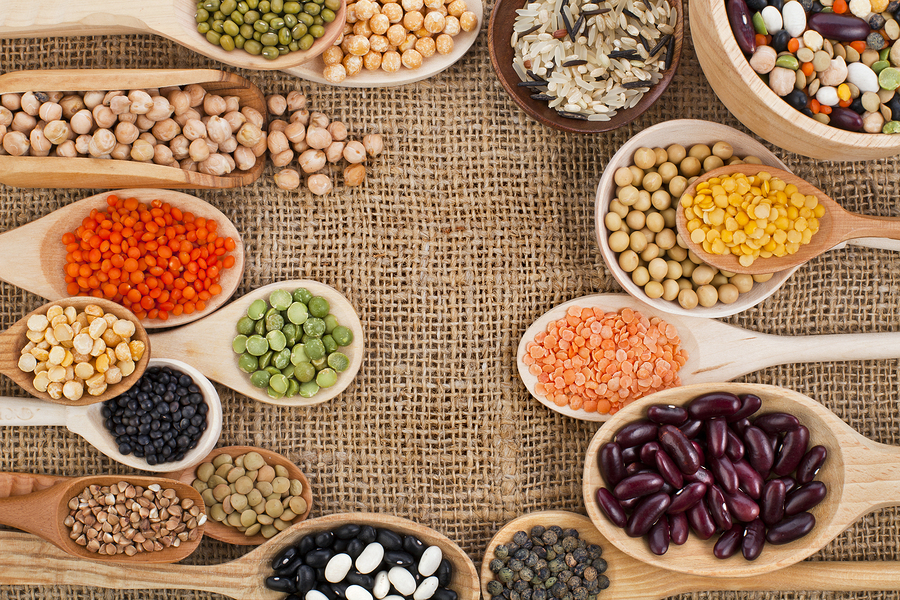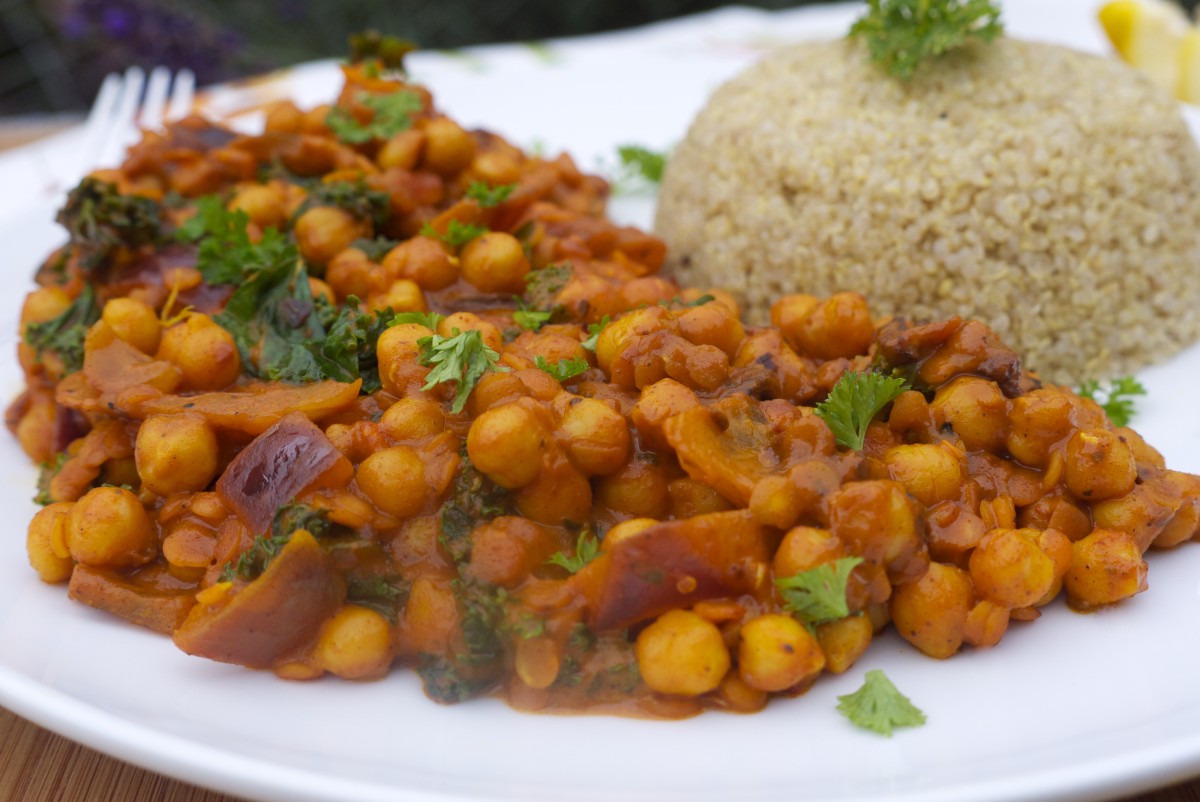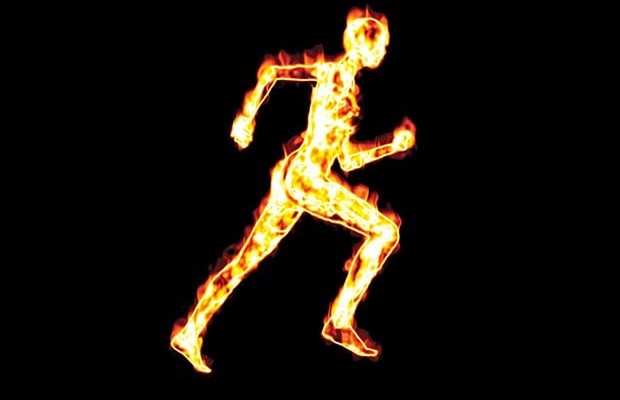Oh to be 18 again and able to eat what I want without giving it a second thought! It’s an unfortunate fact of life that, for most of us, our metabolism slows down as the years tick by.
There’s plenty of general chat about metabolism and the merits of having a speedy one, but what exactly is your metabolism?
Metabolism is the process by which your body converts what you eat and drink into energy. During this complex biochemical process, calories in food and beverages are combined with oxygen to release the energy your body needs to function. Even when you’re perfectly still or asleep, your body needs energy for functions such as breathing, heartbeat and blood circulation, hormones, and growing and healing cells.
The amount of calories from food that your body uses to carry out these basic functions is known as your basal metabolic rate… or your metabolism.
Here are my top five tips on how to boost your metabolism:
1. Catch Up On Sleep

It’s not always easy to get your full requirement of sleep each night, and especially with work, family or study demands. But if your aim is to maintain your weight or lose a few pounds, then getting enough sleep each night is really important for a healthy and properly functioning metabolism.
It’s actually pretty normal for sleep-deprived people to find that they gain an extra few pounds without changing their diet, as a lack of sleep can lead to various metabolic issues. It can cause you to burn fewer overall calories, run into problems with appetite control and experience an increase in cortisol levels, which encourages the body to store fat around the middle.
Lack of sufficient sleep, which tends to be between 7-9 hours for the majority of people, may also impair glucose tolerance, which is your body’s ability to utilise sugar for fuel.
Now that’s a good reason to skip your morning run and get some extra sleep!
Check out my beauty sleep tips and try my Sleepytime Banoffee Split a couple of hours before bedtime to help you nod off 🙂

2. Drink More Water

As I’m sure you know well, staying hydrated with water has loads of benefits, from helping to give you clear and fresh skin, to supporting immune system health and even helping your brain to stay more alert.
But beginning the day dehydrated or allowing yourself to get dehydrated by not drinking sufficient quantities of water, or having too many caffeinated drinks, can also affect your metabolism.
During the night, your metabolism slows down, and since your body needs water for optimal cellular function, it’s crucial to hydrate well in the morning to fire up your metabolism.
I always start the day with a glass of warm lemon water, to hydrate my system, boost digestion and kick-start my metabolism!

3. Eat Enough Protein

Firstly, your body expends more energy digesting protein than fat or carbohydrates. When you eat fat, only about 5% of the calories are used to break down that food, but when you eat protein, it’s closer to 20-30%.
All three major macronutrients are essential to a healthy metabolism, but eating some protein alongside complex carbs (such as oats, sweet potato, brown rice, quinoa) and healthy fats (nuts, seeds or avocado) with every meal, also helps to repair and build torn muscle fibres.
Another key reason why protein is so essential to a healthy metabolic rate, is because the amino acid tyrosine, is a major component in the production of the thyroid hormone, thyroxine. Your thyroid controls the metabolism of every cell in your body. If you’re not eating enough protein for your body’s metabolic requirement, then tyrosine may be used for other functions. Your body can recognise this as a famine state, sending out an alarm to your body to slow down its metabolic rate to store calories for survival.
This is why crash dieting does not work in the long-term and may even damage your metabolism. It is essential to eat enough calories each day for you!
While certain vitamins and minerals can be stored in the body, amino acids must be eaten each day, and ideally in every meal and snack. But if you’re eating enough calories a day from whole unprocessed foods, it’s virtually impossible to become deficient in protein.
Protein needn’t have to come from traditional animal sources either, as there are plenty of veggie foods that contain the full quantity of essential amino acids. These include quinoa, peas, beans and lentils, nuts and seeds, nut butters and nutritional yeast, plus green veggies like kale, spinach and broccoli are useful sources of protein too.
I love this recipe for spiced tomato chickpea curry with lemony quinoa, for a great dose of low-fat, cholesterol-free, high-fibre protein 🙂

4. Eat More Sea Veggies
The reason I’ve included sea vegetables like nori, kelp, kombu, dulse and wakame, in this metabolism-boosting list, is for their iodine content.
This is an essential mineral for your thyroid health, which is responsible for controlling your entire metabolism. As I mentioned above, the thyroid hormone thyroxine, is formed from iodine and the amino acid tyrosine. Without plentiful supplies of thyroxine, your thyroid can begin to dysfunction, which makes you prone to weight gain, dry skin, fatigue, irritability and feeling constantly cold.
While regular table salt generally has added iodine, I prefer to avoid refined salt and salty foods, and instead get all the iodine I need for a healthy metabolism from sea veggies, which also add a subtle saltiness to foods.
One great way to do this, is to use toasted nori sheets instead of a wrap, for a low-carb, high-nutrient snack or light lunch.

Please note: If you suspect that you may have a sluggish (or overactive) thyroid, I would suggest you book a blood test with your GP, who will be able to advise you on the best treatment for you.
5. Weight Train

Weight or resistance training is incredibly important for strengthening all of your muscles, and increasing your ratio of lean muscle to fat mass. This in turn boosts your metabolism as it encourages the body to burn calories for hours after the session while your torn muscle fibres repair themselves. Muscle at rest also burns more calories than fat.
Like many other women, I used to worry that lifting weights would bulk me up like a bodybuilder, so I stuck to tiny weights and focused on cardiovascular exercise. When I was eventually convinced to try proper weight training with a trainer, I couldn’t believe the difference it made to my body! Of course, I didn’t bulk up but actually slimmed down, as a pound of muscle takes up less space than a pound of fat. Women don’t have enough of the hormone testosterone, needed to bulk up in the way that men can.

